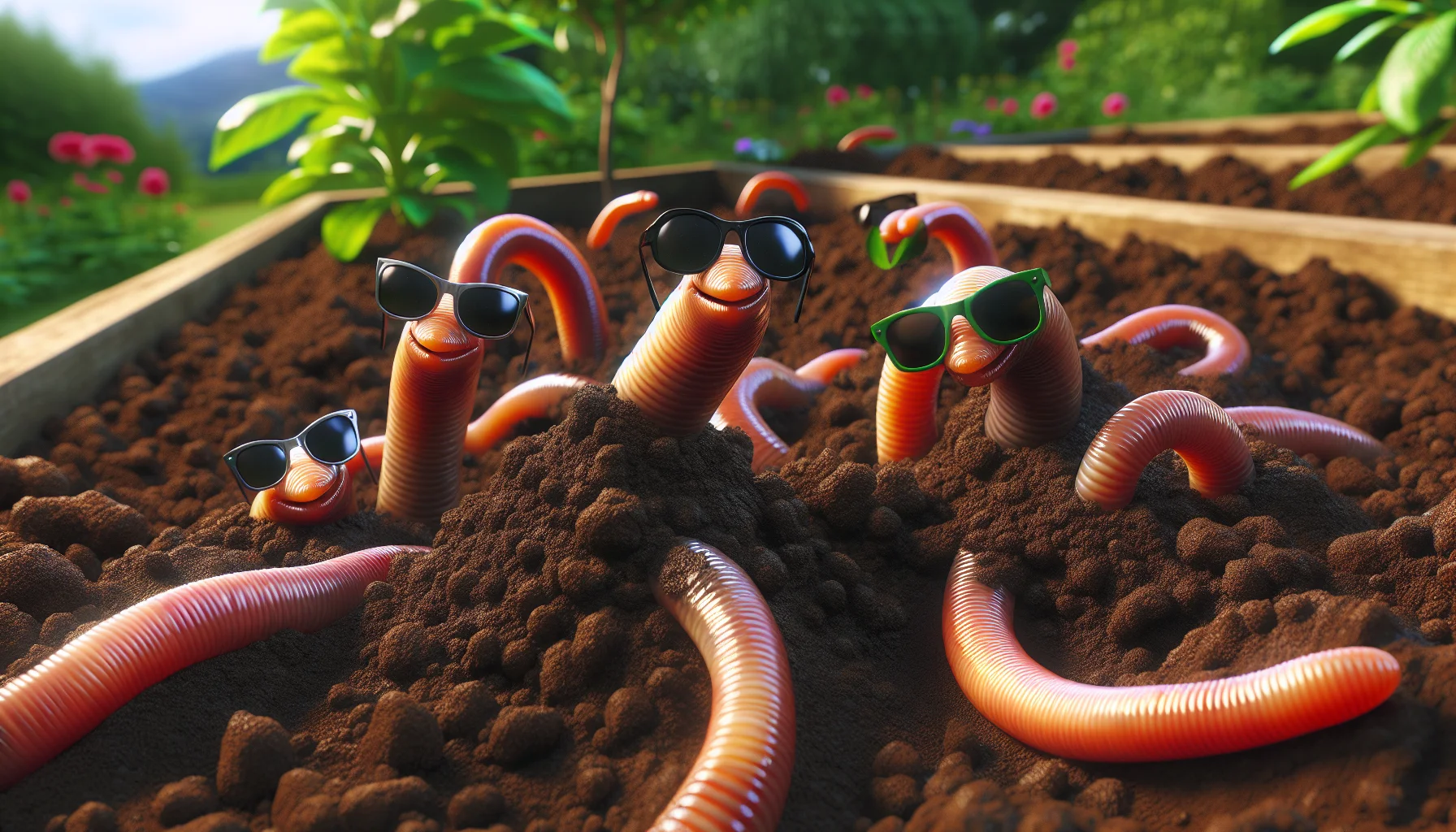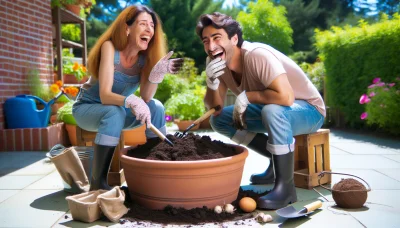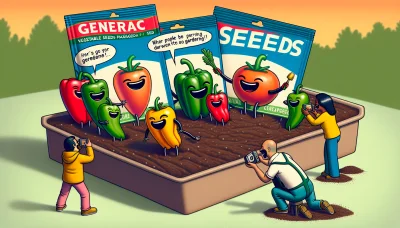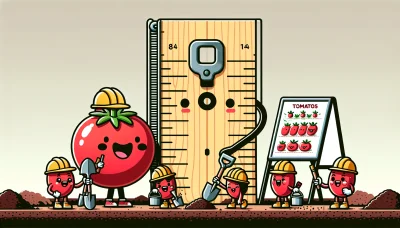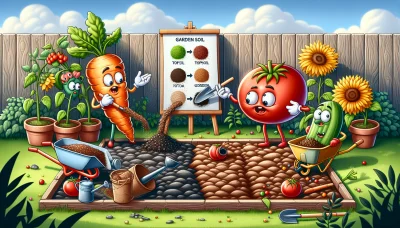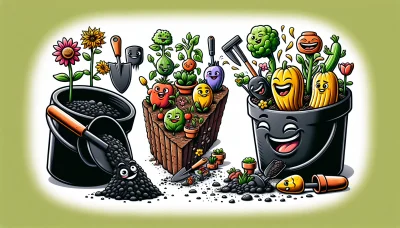Bad worms in garden soil Quiz
Test Your Knowledge
Question of
Understanding Bad Worms in Garden Soil
Recognizing harmful worms in garden soil is crucial for maintaining a healthy garden. These undesirable inhabitants can significantly disrupt the balance of your garden's ecosystem. They feed on plant roots, hindering plant growth and sometimes leading to the death of plants. By identifying and managing these pests early, gardeners can protect their plants, ensuring their garden remains vibrant and productive. Understanding the specific types of harmful worms and their impact can guide in implementing effective control measures, preserving the health of your garden soil and the overall well-being of your garden.
Types of Harmful Worms in Garden Soil
- Nematodes: Microscopic, eel-like worms that attack the roots of plants, leading to root knots, stunted growth, and wilting.
- Grubs: The larval stage of various beetles, these white, C-shaped worms feed on plant roots, causing yellowing and death of grass and garden plants.
- Wireworms: The larvae of click beetles, these slender, shiny, yellow to brown worms target underground parts of plants, leading to reduced yields and plant death.
- Armyworms: Not true worms but caterpillars, these pests chew through leaves, stems, and can devastate crops and garden plants in a short period.
- Root Maggots: Larvae of flies that specifically attack the roots of cabbage, radishes, and onions, causing wilting and the eventual death of the plant.
The Impact of Bad Worms on Garden Plants
Bad worms, such as the invasive species like the Japanese beetle grub or the European chafer larvae, can have a significant negative impact on garden plants and the overall soil quality. These pests feed on the roots of plants, which can weaken or even kill young seedlings and established plants alike. Furthermore, their feeding activity disrupts the soil structure, affecting its ability to retain water and nutrients. This can lead to further stress on the plants, making them more susceptible to disease and other pests. The presence of these bad worms in the garden requires vigilant management to protect plant health and maintain soil quality.
Identifying Bad Worms in Your Garden
Gardeners often face the challenge of distinguishing between beneficial and harmful worms in their garden soil. To identify bad worms, look for physical characteristics such as color and size. Harmful worms, like the invasive jumping worm, are usually darker and more aggressive compared to beneficial earthworms. Additionally, observe the soil's condition; an abundance of small, granular soil clusters near the surface may indicate the presence of harmful worms. Monitoring plant health is also crucial, as a decline might suggest negative worm activity. By staying vigilant and knowing what signs to look for, gardeners can effectively manage worm populations in their gardens.
Natural Methods to Control Harmful Worms
- Introduce beneficial nematodes that prey on harmful worms.
- Apply neem oil to the soil, which acts as a natural pesticide.
- Encourage the presence of birds in your garden by setting up bird feeders or bird baths.
- Use crop rotation practices to prevent the buildup of harmful worms.
- Plant marigolds around your garden, as they have natural properties that repel many pests.
- Mulch with organic matter to encourage the presence of beneficial insects that prey on harmful worms.
- Practice no-till gardening to protect the natural predators of these worms that live in the soil.
- Hand-pick worms off plants early in the morning or late in the evening.
- Use a DIY garlic or hot pepper spray to deter worms from eating plant leaves.
- Maintain healthy soil through regular composting to boost beneficial microorganism populations.
Chemical Solutions for Bad Worms
When dealing with harmful worms that threaten plants or crops, chemical treatments should be considered as a last resort, after all other natural and mechanical control methods have been exhausted. It's crucial to identify the specific type of worm causing the problem, as this will determine the most effective chemical solution. Once a chemical approach is deemed necessary, it is imperative to use these treatments judiciously and according to the manufacturer's instructions. Special care must be taken to apply the chemicals in a manner that targets the harmful worms without affecting beneficial insects, animals, and the surrounding environment. Overuse or incorrect application of chemical treatments can lead to unintended consequences, such as the contamination of water sources and soil, harming not just the ecosystem but potentially humans as well. Therefore, always prioritize the least harmful methods of pest control and resort to chemical solutions only when absolutely necessary, ensuring the protection of our precious environment.
Preventative Measures to Keep Your Soil Healthy
| Preventative Strategy | Effectiveness Against Bad Worms |
|---|---|
| Crop Rotation | High - Disrupts the life cycle of pests |
| Proper Watering | Moderate - Prevents overly moist conditions that attract pests |
| Using Resistant Plant Varieties | High - Reduces the chance of infestation |
